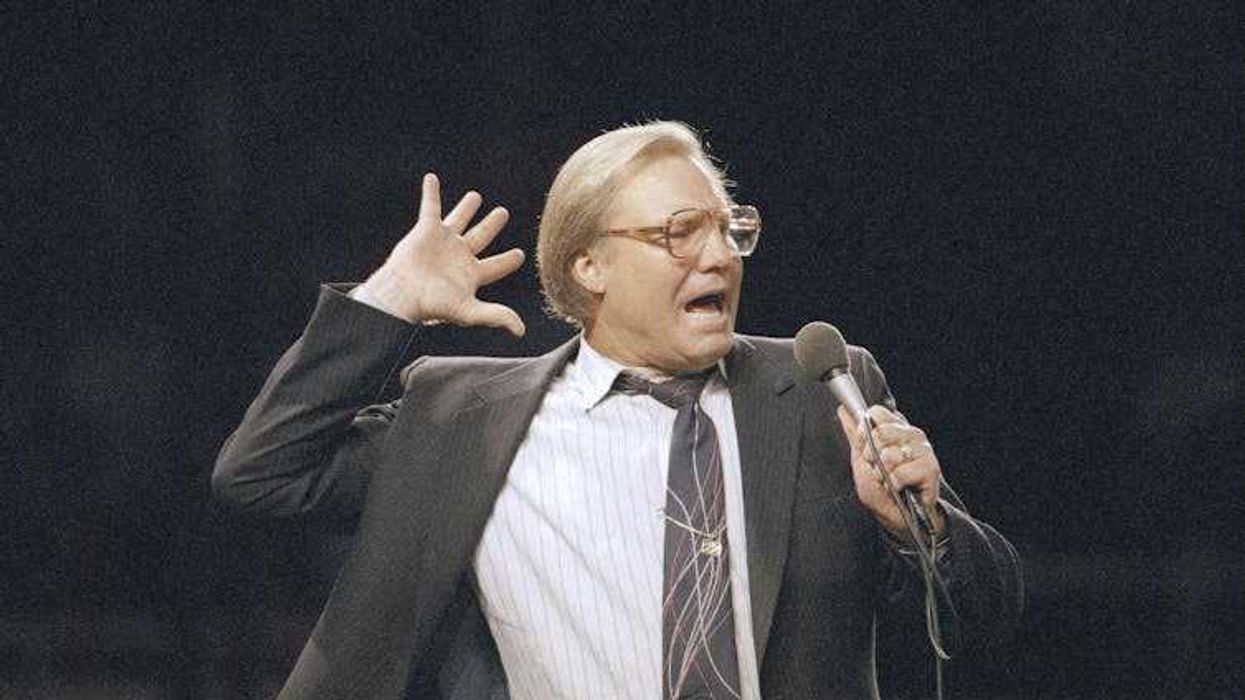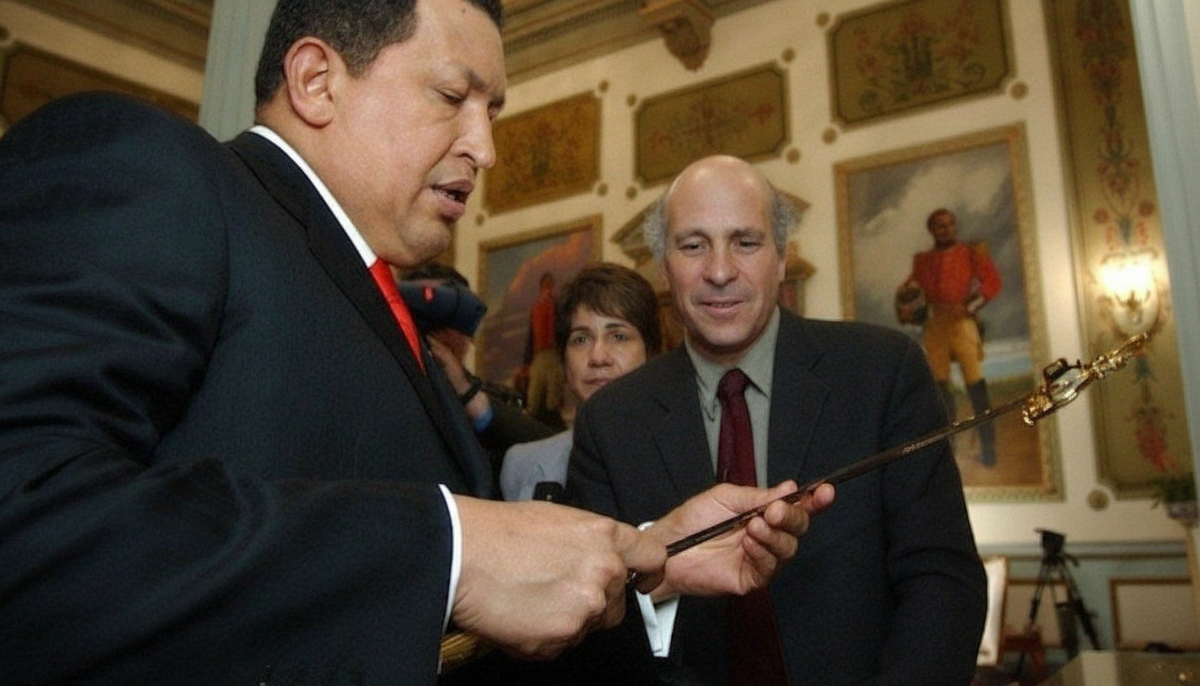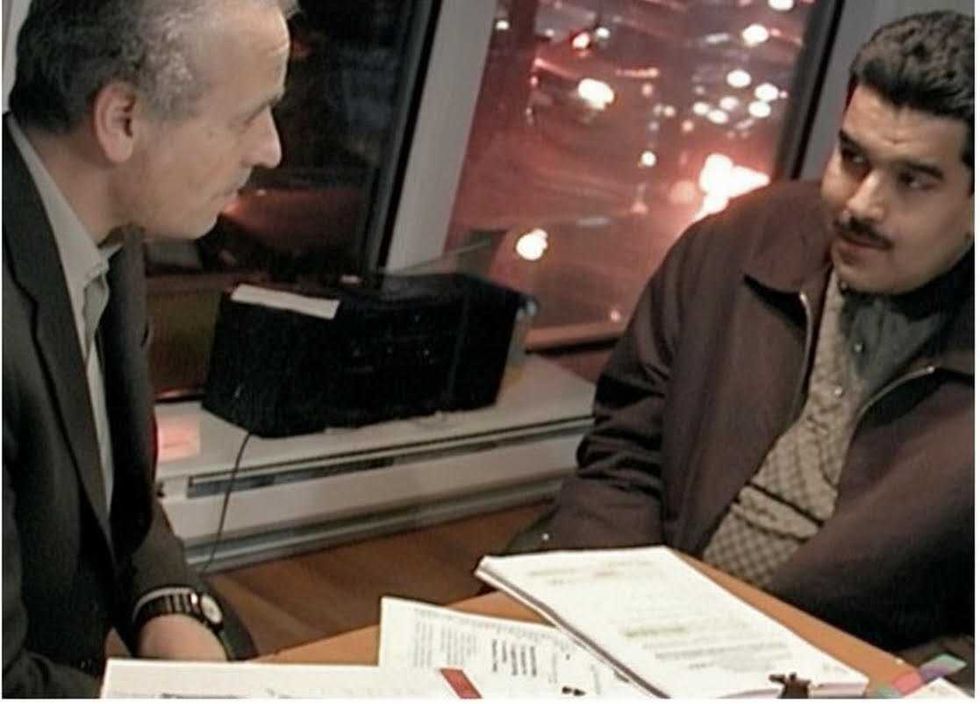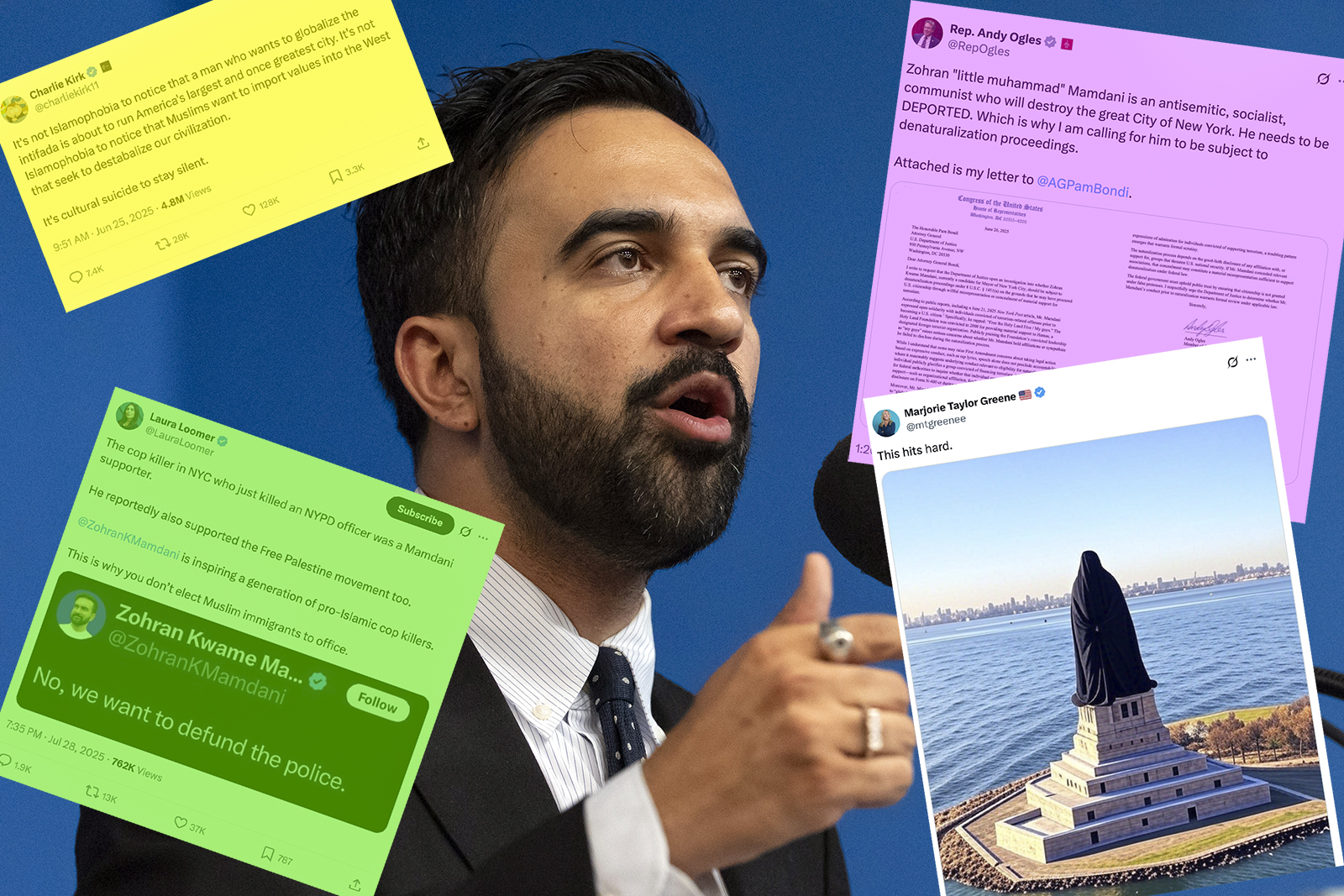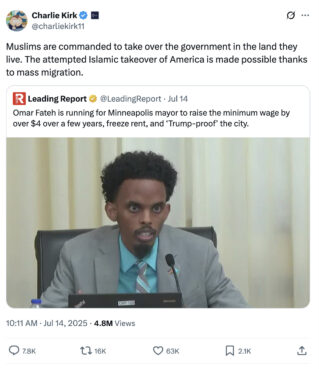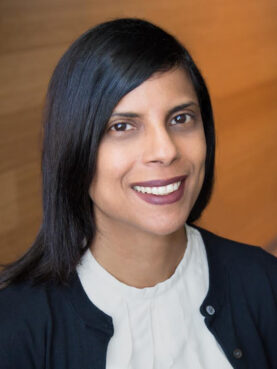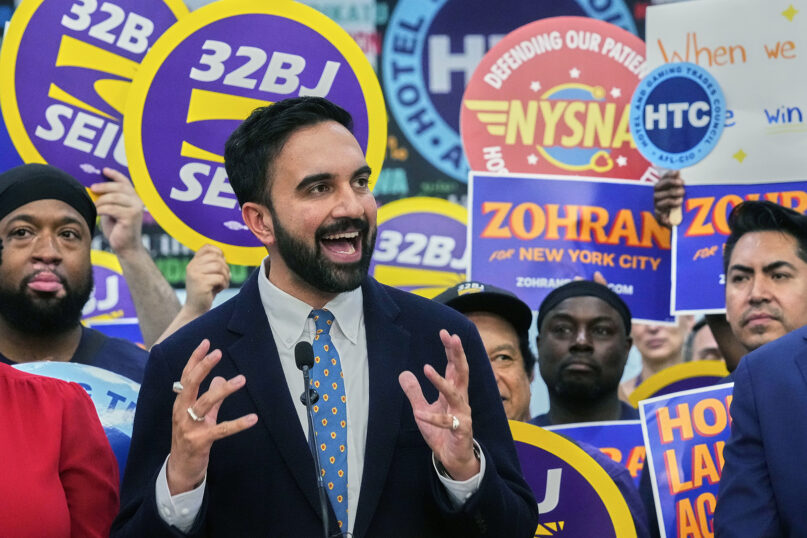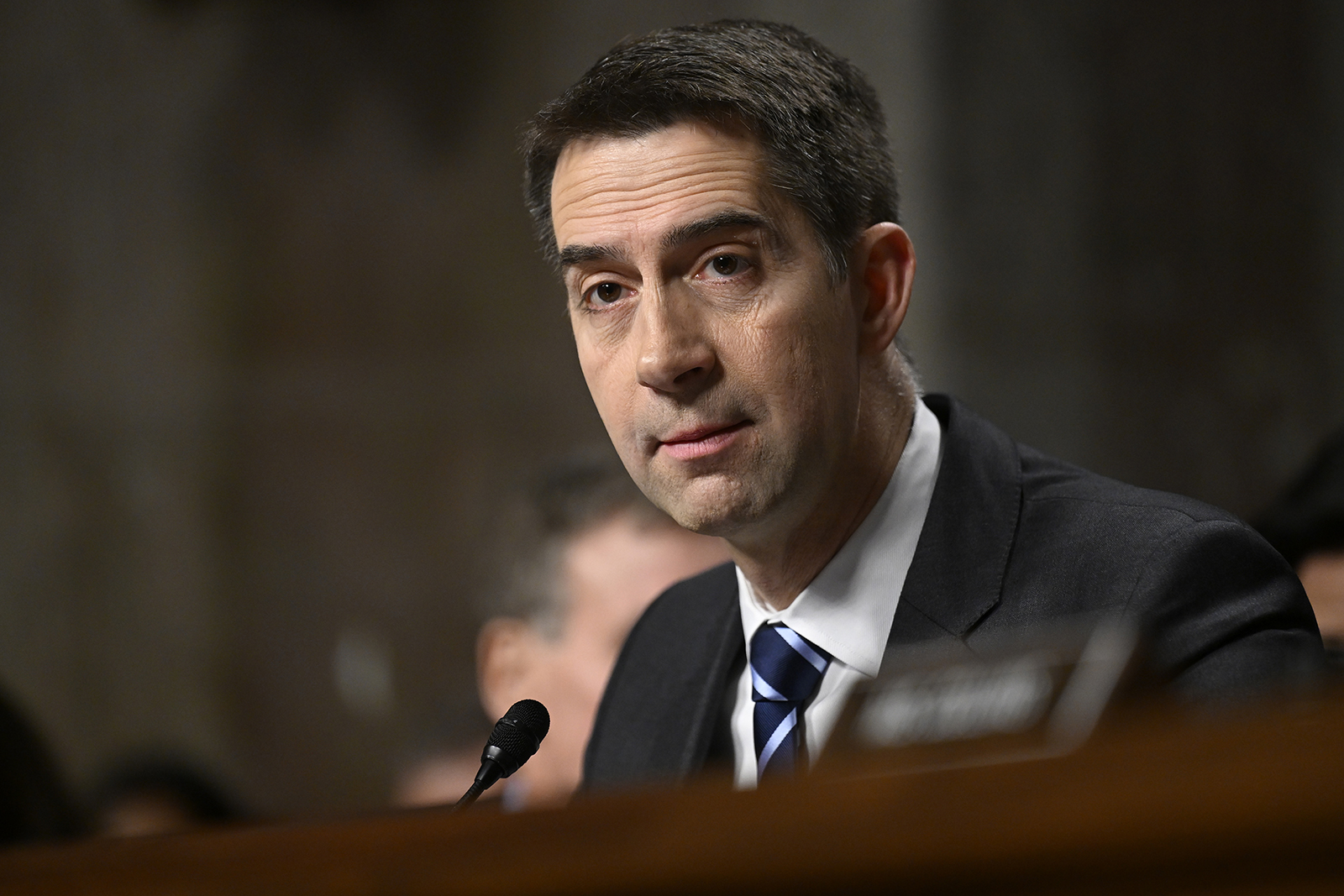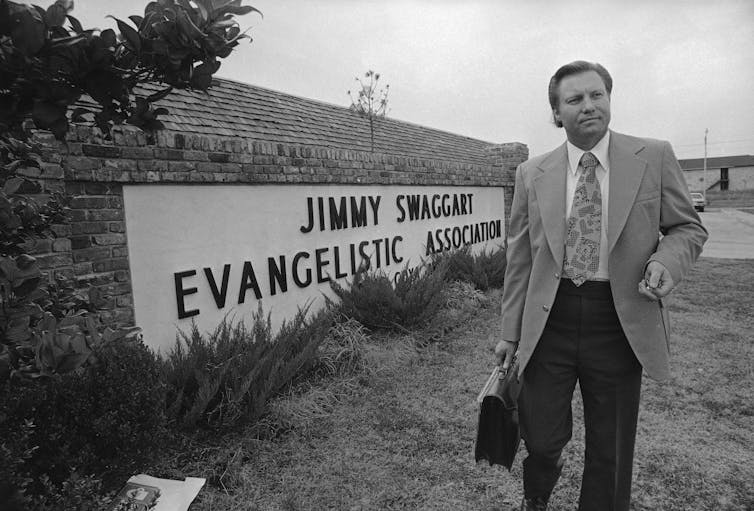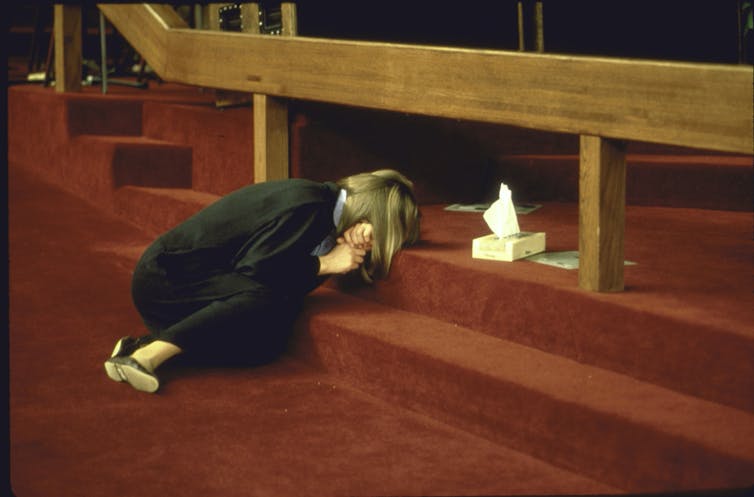Does the far right’s capture of a debased Christianity matter in the UK, where religion holds far less sway than in the US? Given America’s superpower status, and the reluctance of global leaders to challenge Trump, it should concern us all.

Whatever happened to “love thy neighbour,” the foundational Christian principle Jesus identified as the second greatest commandment? In the Gospels, loving one’s neighbour, and even one’s enemies, are central to the faith’s moral vision of compassion, mercy and peace.
Yet in Tommy Robinson’s version of Christianity that ethic is turned upside down. This week, the far-right activist, long associated with divisive and anti-immigrant messaging, celebrated the US military’s controversial operation in Venezuela and called on Donald Trump to “free us” by invading the UK and removing prime minister Keir Starmer.
Trump’s raid in Venezuela, which led to the capture and extradition of President Nicolás Maduro, has been widely condemned as illegal and a breach of international law. Robinson’s comments were criticised as contradictory for professing patriotism while inviting foreign military action on British soil.
This is the man who, in 2025, began promoting himself as a Christian, organising “Unite the Kingdom” rallies and Christmas carol services centred on Christian themes.
Yet just as the sincerity of his patriotism has been questioned, so too has the authenticity of his newly professed faith.
Following a far-right rally led by Robinson in London last September, bishops, former Archbishop of Canterbury Rowan Williams, and leaders from the Methodist, Baptist, Evangelical, Salvation Army and Catholic traditions, wrote an open letter, condemning the use of Christian symbols. They said they were “deeply concerned about the co-opting of Christian symbols, particularly the cross,” warning that elements of the march contained “racist, anti-Muslim and far-right” themes.
“As Christians from different theological and political backgrounds we stand together against the misuse of Christianity,” they wrote.
Billionaire influence
Tommy Robinson isn’t the only figure on the British right to invoke Christianity while promoting views many Christians regard as deeply un-Christian.
Sir Paul Marshall, the billionaire financier and major investor in right-wing media outlets, including GB News, the Spectator and UnHerd, is a prominent Christian philanthropist. He sits on the board of the Church Revitalisation Trust, which describes its mission as contributing to “the evangelisation of the nations, the revitalisation of the Church and the transformation of society.”
Yet Marshall’s public conduct has drawn scrutiny. He has been accused of supporting extremist voices on social media, raising questions about his suitability for media ownership.
The anti-extremism group Hope Not Hate has pointed to posts he has liked or shared on X, accusing him of endorsing “extreme Islamophobic and anti-migrant activists” and holding “deeply disturbing views of modern Britain.”
Among the content were claims that Europe is heading for civil war because “native European populations” are losing patience with “fake refugee invaders,” and that societies cannot remain peaceful once Muslim populations reach a certain size.
The framing of entire communities as existential threats sits uneasily alongside Christian teachings on human dignity, peace and the welcoming of the stranger, raising questions about how faith is being mobilised in contemporary right-wing politics.
‘Republican Jesus’
As so often when examining the actions of the right, the trail leads us to the United States. There, the rise of self-identified Christians who enthusiastically support Donald Trump raises an unavoidable question: how can a movement that proclaims Jesus Christ as its saviour so readily endorse policies that contradict the values he is said to embody?
Consider the sickening news emerging from Minneapolis this week. Renee Good, a mother of three and a US citizen, was gunned down in cold blood, in broad daylight, by agents of Trump’s Immigration and Customs Enforcement (ICE). Reports also indicate that at least two pastors were shoved and exposed to pepper spray while protesting the actions of federal immigration agents in the city.
After reporting that its pastor had been detained by ICE, the Metropolitan Community Church (MCC) denomination condemned the violence. In a statement, it said that “… the violence of shooting a woman sitting in her own car, the detention of a clergy person who is protesting peacefully by a masked and unidentifiable officer, are all outrages against a just and caring society,”“As MCC, we are committed to resisting the structures that oppress people and to standing with those who suffer under the weight of oppressive systems.”
Critics argue that such events expose the rise of a politicised figure sometimes dubbed “Republican Jesus,” a reimagined Christ invoked to oppose social welfare, sanctify nationalism, justify harsh immigration regimes, and celebrate military power.
One such critic is Stephen Mattson, author of The Great Reckoning: Surviving a Christianity That Looks Nothing Like Christ. Writing for Christians for Social Action, Mattson captures the depth of these contradictions:
“There’s a religion whose savior was a refugee, yet it rejects refugees. Whose God embraces sojourners, yet it deports immigrants. Whose parishioners worship someone called the Prince of Peace, yet they defend violence and are pro-war. Whose hero was an ethnic minority, yet they’re complicit in white supremacy… There’s a popular type of “Christianity” that wants nothing to do with Christ other than to use His namesake to promote its own agendas.”
This is not merely hypocrisy but theological inversion. That inversion was on display this week as Trump hailed the seizure of Nicolás Maduro as “brilliant,” despite reports that dozens of Venezuelan and Cuban security personnel were killed during the operation.

The question is, who is funding right-wing Christian messaging?
Trump’s Christian ‘legal army’
Two US organisations closely linked to Donald Trump have played a major role in funding and exporting Christian nationalist ideology and conservative culture-war activism, the Alliance Defending Freedom (ADF) and the American Centre for Law and Justice (ACLJ). Both use strategic litigation to oppose LGBTQ+ rights and abortion access.
ADF was co-founded by US Christian right leader Alan Sears, who co-authored a book attacking “the homosexual agenda.” The ACLJ was founded in 1990 by televangelist Pat Robertson to counter the American Civil Liberties Union.
An openDemocracy investigation found that between 2008 and 2019 the two groups spent over $20 million in Europe, signalling a concerted effort to export US Christian nationalist priorities.
Britain, in particular, appears to be viewed as fertile ground.
Since 2020, ADF has more than doubled its UK spending and quadrupled its British team. After helping engineer the overturning of Roe v. Wade and repeatedly challenging LGBTQ+ rights in the US, ADF is now deploying the same legal tactics in Britain, including backing Christians prosecuted for breaching abortion clinic buffer zones.
Vladimir Putin and the ‘holy war’
If Trump exemplifies “Republican Jesus,” Vladimir Putin offers a parallel model. In 2014, Putin appeared on the cover of Decision, an American evangelical magazine, with a cover story written by conservative pastor Franklin Graham, who praised Putin’s signing legislation restricting LGBTQ+ expression. The issue was published just as Russian troops were moving into Crimea.
Interestingly, the ACLJ operates an affiliated office in Moscow, the Slavic Center for Law and Justice, which also praised Vladimir Putin’s laws banning so-called “gay propaganda,”
Graham visited Russia in 2015, and ever since, has promoted Putin as a godly leader. Days before Russia’s invasion of Ukraine, he urged people to ‘pray for Putin,’ but not for Ukrainians, prompting backlash

Patriarch Kirill, bishop of the Russian Orthodox Church and long-time Putin ally, has framed Russia’s expansion into Ukraine as a sacred struggle, suggesting that soldiers who die in combat have their sins forgiven.
As with Trump, and figures like Tommy Robinson, Putin’s public identification as a defender of Christian values and his close relationship with the Russian Orthodox Church, has prompted scepticism about the sincerity of his faith.
Christian theologians and clergy worldwide have condemned this rhetoric, with Orthodox clerics accusing Putin and Patriarch Kirill of using “Russian world” ideology as the principal theological justification for a war of aggression.
In 2023, Alexei Gorinov, a Moscow councillor imprisoned for opposing the war, wrote to Kirill asking how the teachings of Jesus could possibly justify the killing of Ukrainians in the name of “Christian values.”
Is there hope?
So does the far right’s capture of a debased Christianity matter in the UK, where religion holds far less sway than in the US? Given America’s superpower status, and the reluctance of global leaders to challenge Trump, it should concern us all.
Yet a counterweight may also come from the US. By continuing papal warnings on climate change, expressing solidarity with the world’s poorest, and renewing calls for peace, Pope Leo, the first American pope, has made clear he is no ally of Trump. In early December, he warned that the US was preparing a military attack on Venezuela. Last weekend, he again stressed the importance of human rights, national sovereignty and justice.
As theology writer Catherine Pepinster, observed this week: “Calling out Donald Trump on the legality and morality of a US military incursion will take courage. The signs so far are encouraging – but the moment has come for Leo’s voice to be louder, stronger and angrier.”
Leo, says Pepinster, “could be their most important ally – without an army.”
The neofascist right has had some success in co-opting patriotism and free speech to its perverted cause: so far at least, Christianity seems more resistant.
